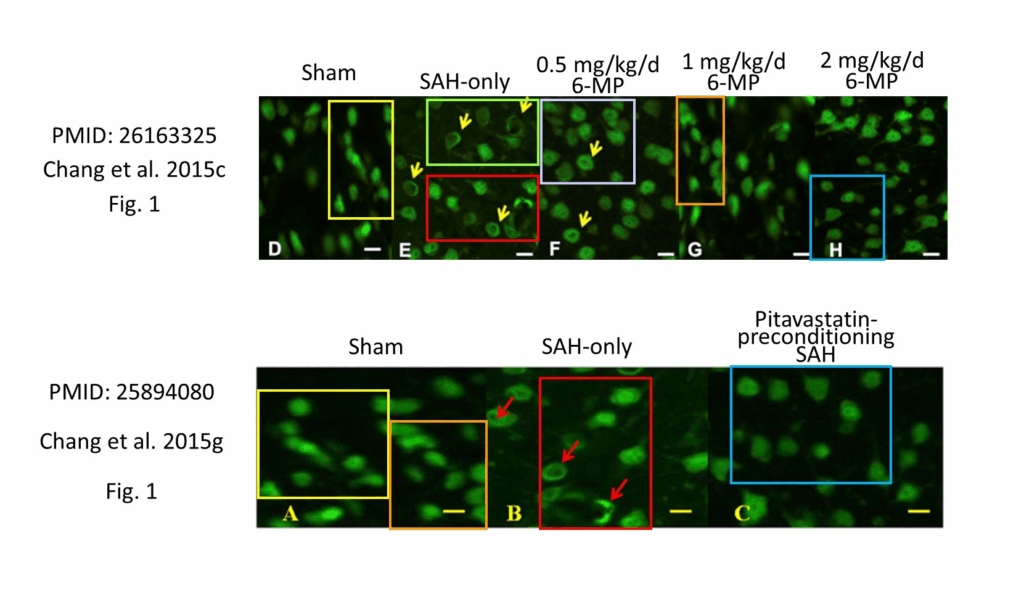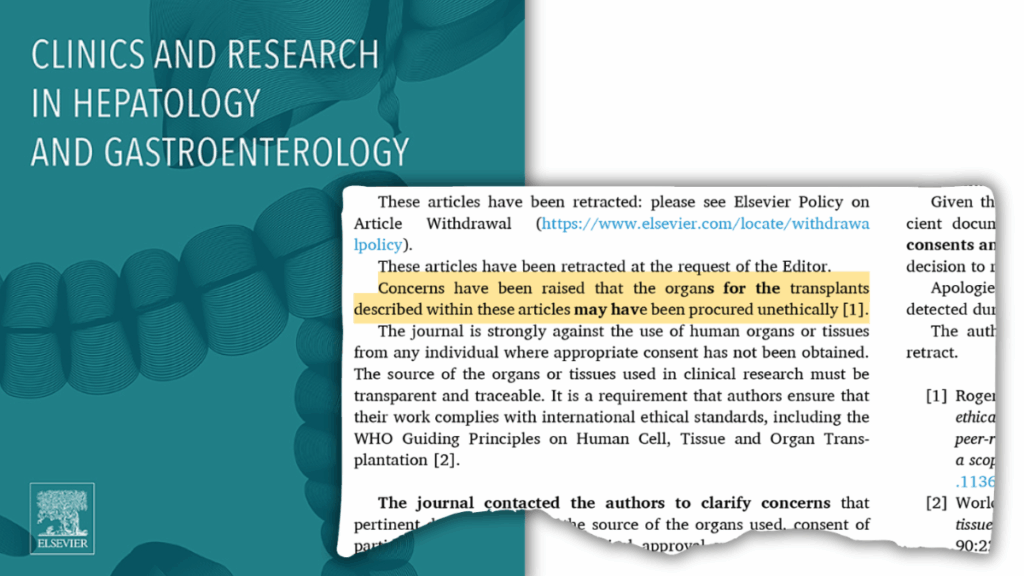
Brocken Inaglory/Wikimedia Commons (CC BY-SA 3.0)
A molecular ecology researcher has lost two papers and received an expression of concern for a third after coauthors flagged data issues with the papers.
All three papers appeared in Molecular Ecology Resources and describe the use of DNA methylation as an epigenetic clock to predict the age of different animals. The journal retracted two of the studies in July. The first, published in June 2021, estimated ages for three threatened fish species. The second appeared in April 2022 and proposes a clock for predicting the age of sea turtles. The articles have been cited 41 and 32 times, respectively, according to Clarivate’s Web of Science.
The lead author on those two studies was Benjamin Mayne, formerly a researcher at Australia’s national science agency, the Commonwealth Scientific and Industrial Research Organization (CSIRO), based in Canberra.
Continue reading Former Australian science agency ecology researcher loses two papers






